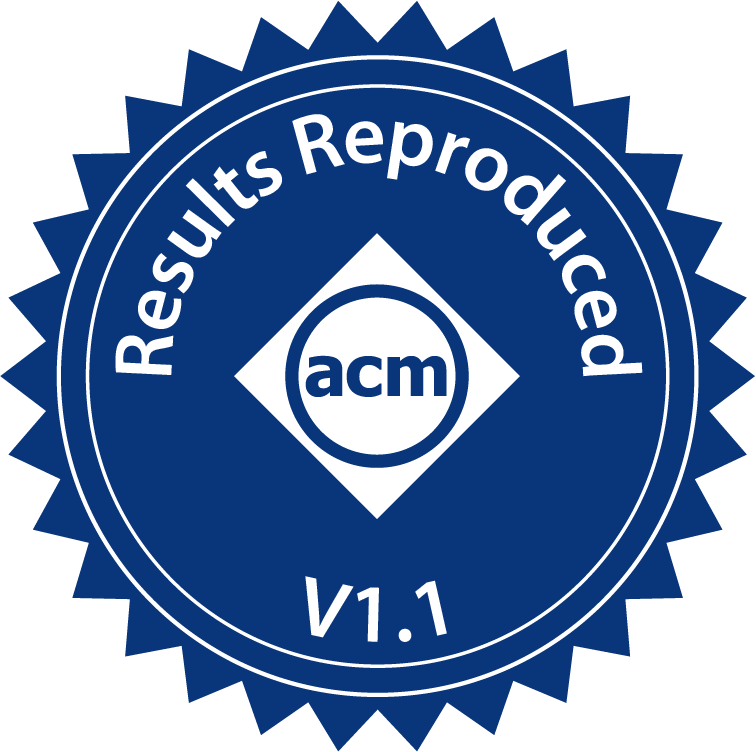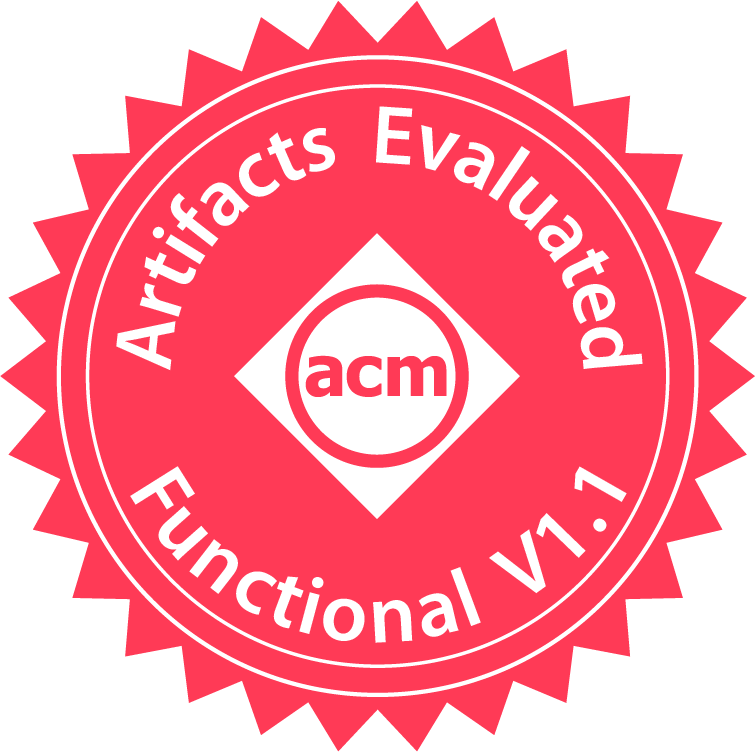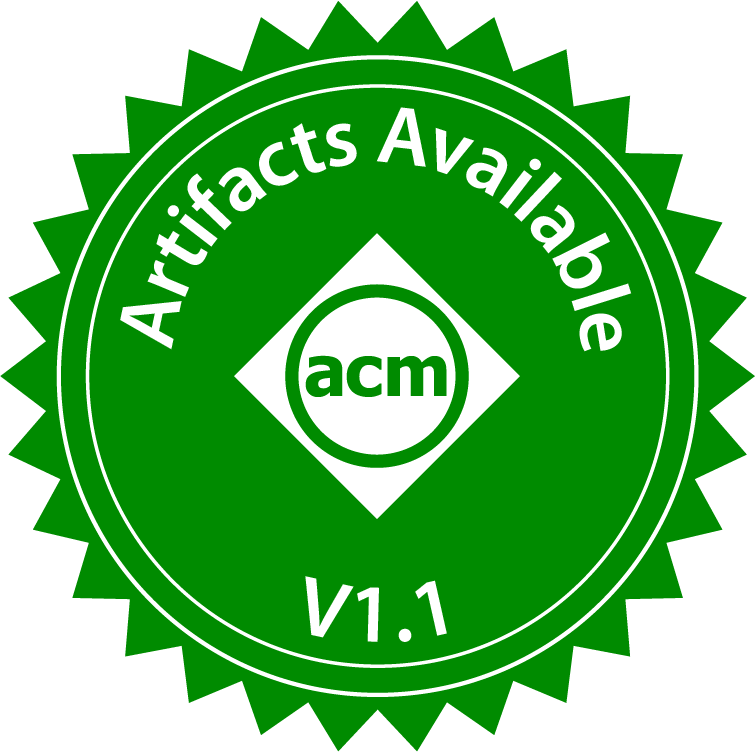PGo is a source to source compiler that translates Modular PlusCal specifications (which use a superset of PlusCal) into Go programs.
See our publications and talks for an overview:
For more in-depth documentation, see the navigation bar.
Purpose and motivation
PlusCal is a language for specifying/modeling concurrent systems. It was designed to make it easier to write TLA+. In particular, PlusCal can be compiled into TLA+, which can be checked against useful system properties (using the TLC model checker). For example, here is a repository of PlusCal formulations of solutions to the mutual exclusion problem.
Go is a C based language developed by Google for building distributed systems. It has built in support for concurrency with channels, and goroutines, which makes it great for developing distributed systems.
Currently there are no tools that correspond a PlusCal/TLA+ spec with an implementation of the spec. PGo is a tool that aims to connect the specification with the implementation by generating Go code based on a specification written in Modular PlusCal. The “Modular” prefix comes from the need to distinguish the description of a system from the model of its environment, which is needed for model checking. PGo enables the translation of a Modular PlusCal description of a distributed system to verifiable PlusCal, as well as to a semantically equivalent Go program.
Current status
PGo is a research project that is currently under active development. It supports compilation of all PlusCal control flow constructs. PGo also supports a vast majority of the value-level TLA+ supported by TLC. See the pull requests and issues for documentation of ongoing work.
To try PGo out anyway, check out the usage documentation or the current description of Modular PlusCal.


